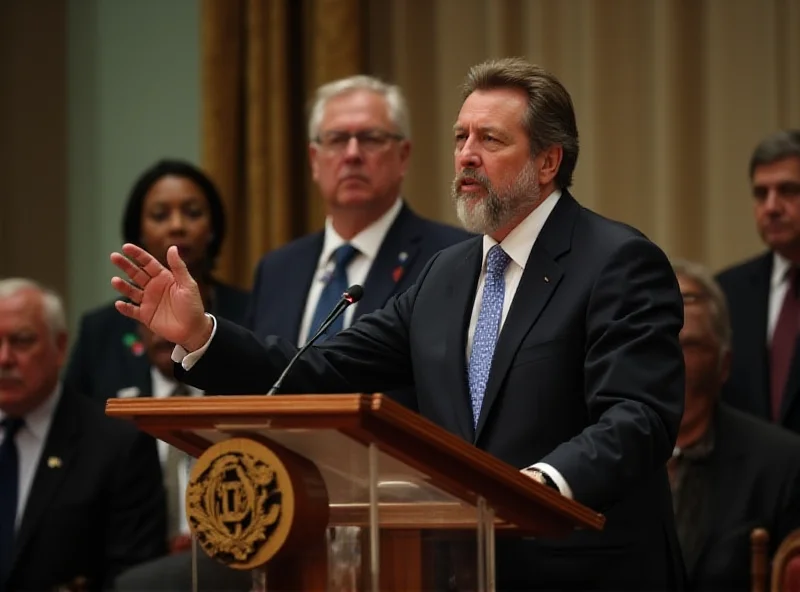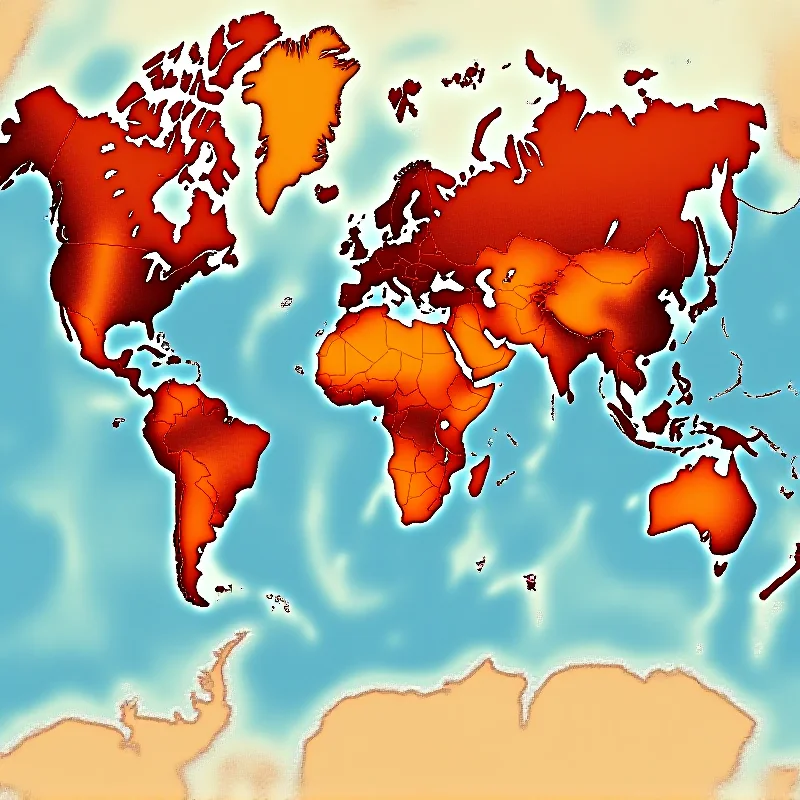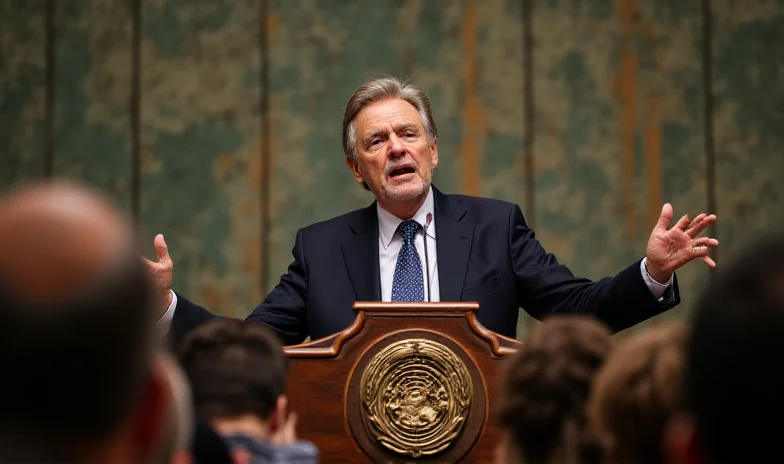The global fight against climate change is facing both renewed commitment and organizational roadblocks. Brazil, as the current president of the BRICS economic bloc, is placing climate action at the forefront of its agenda. However, the Intergovernmental Panel on Climate Change (IPCC) is struggling to finalize its publication schedule for upcoming climate reports, potentially hindering the availability of crucial data for future climate negotiations.
Brazil's BRICS Climate Push
During the first BRICS meetings under Brazil's leadership, President Lula emphasized the importance of addressing the climate emergency and upholding the Paris Agreement. This focus aligns with the shifting global geopolitical landscape and signals Brazil's intention to play a leading role in international climate efforts. Lula's commitment to climate action within BRICS is a positive sign, but the success of this initiative will depend on the cooperation of all member nations.

“It was not by chance that the call to confront the climate emergency and the defense of the Paris Agreement gained prominence in his presidential speech,” stated a recent report, highlighting the deliberate nature of Brazil's climate-focused approach.
IPCC Report Delays
Meanwhile, the IPCC is facing challenges in finalizing its publication schedule for upcoming climate reports. During a recent plenary session, several countries and scientists expressed their desire to have up-to-date data available in preparation for COP33 in 2028. The goal is to review the actions taken by states to comply with the Paris Agreement. However, the IPCC was unable to get its publication schedule approved, raising concerns about the timely availability of crucial scientific information.
The delay in the IPCC's publication schedule could have significant consequences. Policymakers rely on the IPCC's reports to make informed decisions about climate mitigation and adaptation strategies. Without access to the latest data, it may be difficult to accurately assess the progress of the Paris Agreement and identify areas where further action is needed.

The IPCC's failure to secure validation for its planned schedule of future climate state reports highlights the ongoing challenges in coordinating international climate efforts. While Brazil's leadership within BRICS offers a glimmer of hope, the delays in the IPCC's reporting underscore the need for greater collaboration and efficiency in the global response to climate change.
Looking Ahead
The coming years will be crucial in determining whether the world can effectively address the climate crisis. Brazil's commitment to climate action within BRICS, combined with the urgent need for updated data from the IPCC, highlights the complex and multifaceted nature of this challenge. Overcoming these hurdles will require strong leadership, effective collaboration, and a renewed commitment to the goals of the Paris Agreement.

Ultimately, the success of global climate action will depend on the ability of nations to work together, share information, and implement effective policies to reduce greenhouse gas emissions and adapt to the impacts of climate change.
